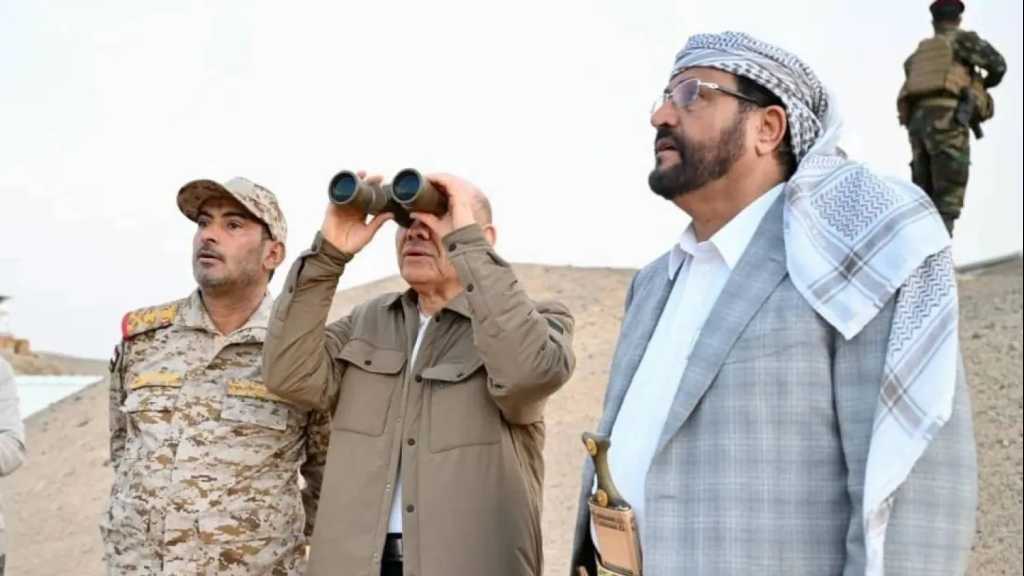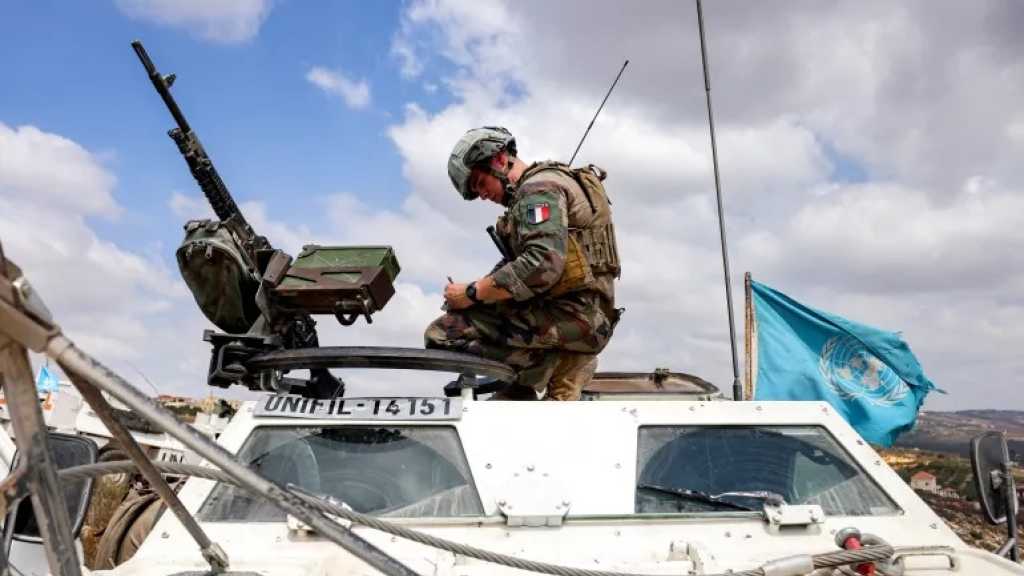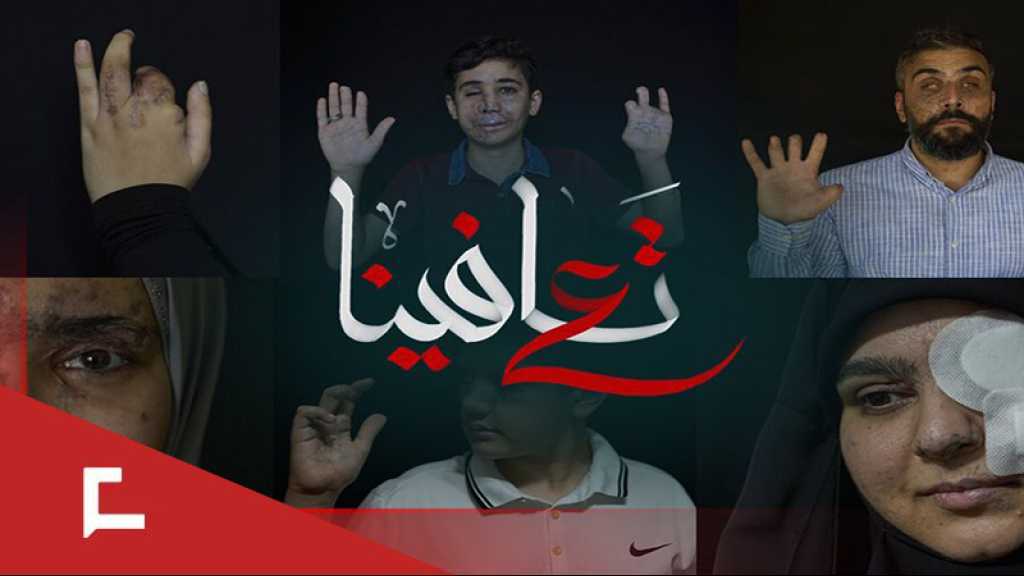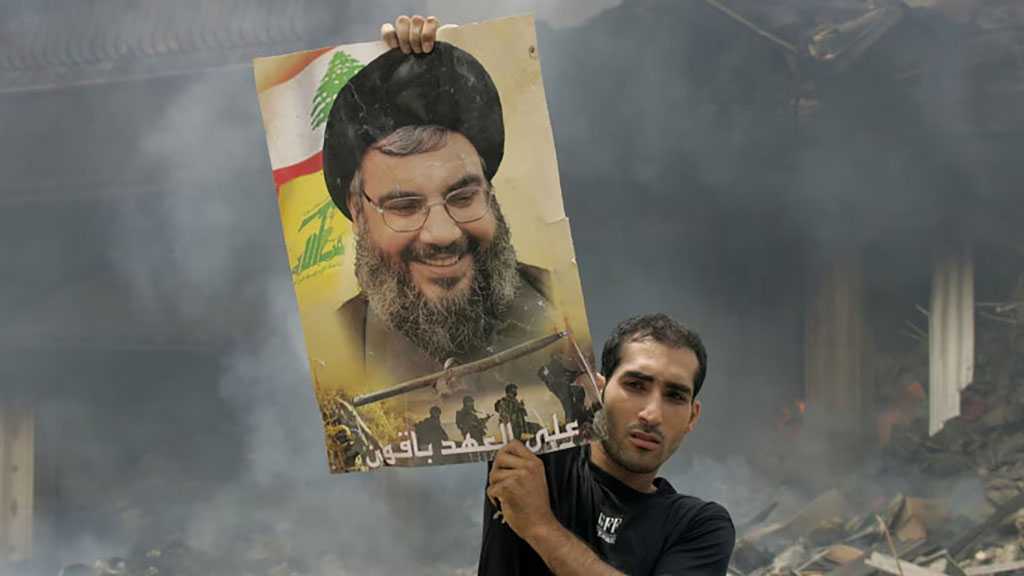US Set to Push Again for Modifying UNIFIL’s Mandate

Translated by Al-Ahed News, Al-Akhbar Newspaper
The United Nations Interim Force in Lebanon [UNIFIL] is fighting to renew its mandate in its current form under the pressure of "Israeli" occupation and aggression. This year’s extension has turned into a unique challenge for the United States, which holds significant sway in the UN Security Council, as well as for Lebanon and the other countries contributing to the peacekeeping mission.
In accordance with UN Security Council Resolution 1701, the Lebanese government—supported by the Lebanese Army—is formally drafting a request to renew the mission. Adopted in 2006, this resolution had expanded the role of the original 1978 UN emergency force.
However, according to available information, Lebanon is currently facing a joint American-"Israeli" proposal that seeks to alter the mission’s structure by shifting its basis from Chapter VI to Chapter VII of the UN Charter, narrowing its responsibilities, and reducing its troop levels.
Simultaneously, similar efforts by the US and "Israel" are targeting the United Nations Disengagement Observer Force [UNDOF], which monitors the ceasefire between "Israel" and Syria in the Golan Heights.
Plans to dismantle or scale down UNIFIL have become more evident since the escalation of "Israeli" attacks after October 8, 2023. These include direct assaults on UNIFIL patrols and facilities.
According to an informed source, several motives are behind this approach: first, as retaliation for UNIFIL’s continued presence in its positions during the ground invasion; second, due to growing American dissatisfaction with the mission’s annual budget, estimated at $500 million to $750 million. The most critical factor, however, is the ongoing rivalry between the US and France along the borders of occupied Palestine.
“This friction became evident during ceasefire negotiations and within the monitoring committee tasked with overseeing the truce,” the source added. Reports indicate that the US rejected a French proposal to station peacekeepers in the five remaining territories occupied by "Israel". Furthermore, Washington is seeking to curb French influence over UNIFIL, which is currently headed by a French Chief of Staff. As part of this push, there are efforts to appoint an Italian general to succeed Spanish General Aroldo Lazaro, the current UNIFIL commander.
As it navigates mounting challenges on multiple fronts, the Lebanese Army finds itself negotiating a political and literal minefield. Talk of "Israeli"-sponsored “diplomatic working groups” with Lebanon has faded since the visit of US envoy Morgan Ortagus, reportedly due to opposition from key Lebanese political and military figures. According to the same source, there are leaks suggesting that Ortagus’s mission may now be “suspended.”
Regarding the Monitoring Committee responsible for implementing the ceasefire agreement, the source clarified that coordination with the Lebanese Army goes beyond the now-suspended routine meetings. “There is daily communication ranging from areas south of the Litani River to the Ministry of Defense and the leadership of the joint US-French committee.” This coordination includes intelligence-sharing on resistance sites and the operation of reconnaissance drones by Lebanese, French, and American forces over southern Lebanon.
The source also revealed that the Lebanese Army generally avoids detonating resistance weapons to maintain public support in the south, where these weapons are viewed as symbols of protection. This stance has been conveyed to the Americans and their allies. “Most recovered munitions are either transported to designated army zones or to the Ministry of Defense,” the source added. Following Lebanon’s pragmatic policy, the Army only uses resistance weapons when strictly necessary or when conditions are appropriate. These arms may eventually be integrated into a broader national defense strategy.
Initial investigations suggest that last Sunday’s explosion in Braiqaa, Nabatieh—when munitions went off inside a Lebanese Army vehicle—was likely due to a technical failure during a missile transfer to a military site. As for UNIFIL’s role in seizing resistance weapons, a security source explained that although Resolution 1701 theoretically authorizes this, the Lebanese Army limits the force’s movements. “UNIFIL is allowed to operate in uninhabited areas to avoid tensions with local residents,” the source said, “but it is not permitted to conduct detonations independently.” According to the source, the Army’s engineering unit already handles such tasks, carrying out around 25 operations daily south of the Litani River to manage and secure unregulated weapons.




